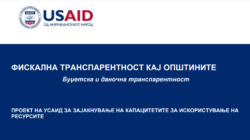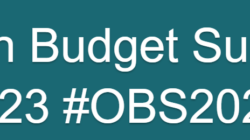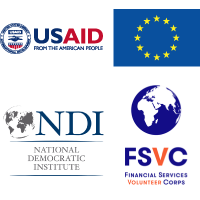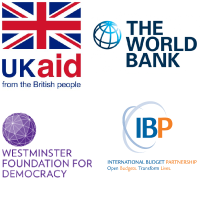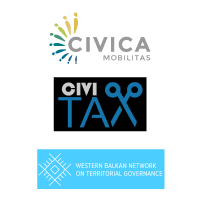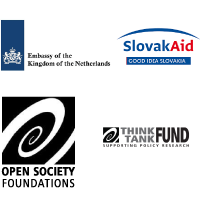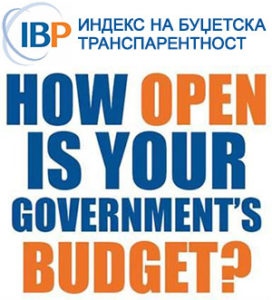CENTER FOR ECONOMIC ANALYSES-CEA IS CONDUCTING A ONE-YEAR OSF PROJECT TITLED:
ASSESSING AND STREAMLINING POTENTIALS OF OPEN BALKAN INITIATIVE.
BACKGROUND
Recognizing the situation for the Balkan countries with respect to the lack of interest of the EU in an enlargement, Serbian President Aleksandar Vučić, North Macedonian Prime Minister Zoran Zaev and Albanian Prime Minister Edi Rama decided in October 2019 to “take destiny in their own hands” and launched the idea of establishment of a “mini-Schengen.” In July 2021, this idea evolved into a regional initiative “Open Balkan[1]”. The initiative is no substitute for membership in the EU, but a path to accelerated membership and utilization of the existing but insufficiently used potentials in these countries, which might facilitate additional economic growth and development and thus, welfare for its citizens.
CHALLENGES TO KEEP THE MOMENTUM
Developing and cultivating neighborly relations in the Western Balkan in expectation of economic prosperity will require eliminating border controls and other barriers in order to facilitate movement of people, goods and services, and capital in the region. Regional disparities analysis (for example coastal vs. internal, NUTS 2 and NUTS 3 regions, urban vs. rural, capital cities vs other cities) for the Open Balkan countries might give answers about priorities for more accelerated growth and internal convergence of the Open Balkan region. At the moment there is a lack of properly elaborated analyses to assess the challenges.
The experience with the Covid-19 pandemic, the food and energy crisis and the war in Ukraine illuminates the importance of internal cooperation and coordination and need of mutual understanding and solidarity among Open Balkan countries. Internal coordination and cooperation, exchange of experiences and solidarity provided among the countries in the region bring value to the future integration into the EU if the Open Balkan countries speak in one voice to the EU.
The external environment to the Open Balkan countries now with the war in Ukraine emphasizes, even more, the importance of cooperation and coordination and the need for mutual understanding and solidarity.
TOOLS AND INSTRUMENTS FOR ASSESSING THE POTENTIALS FOR ACHIEVING COOPERATION AND COORDINATION
While on the political level there is a demonstration of political will at the highest level for the Open Balkan still, on the administrative level e.g., “on the ground” people cannot really get some sense of the benefits of this initiative yet. What is missing is at least a more evidence-based policy research on the bottlenecks in the cooperation among the potential of the six countries of the Open Balkan.
ACTIVITIES OF THE PROJECT
An independent pool of country experts from the six countries diagnosing and investigating the bottlenecks for cooperation and coordination among the Open Balkan countries will add value to the already demonstrated political will for the Open Balkan initiative to develop in a more structured and systematic way and addressing priorities on the road of the development of this regional initiative.
[1] By Open Balkan we will define the territorial space of six countries: Bosnia & Herzegovina, Serbia, Montenegro, North Macedonia, Kosovo, Albania.

